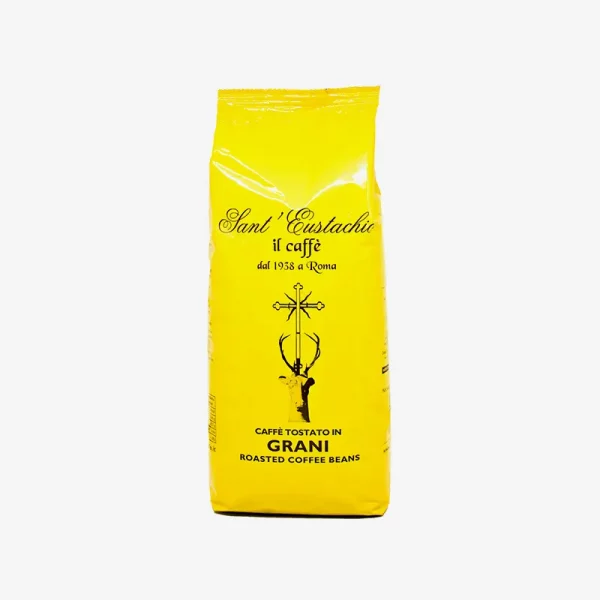- BY ISSIMO
- October 11, 2023
Five Rome-Based Films We Love
Watch these movies and be transported to the Eternal City
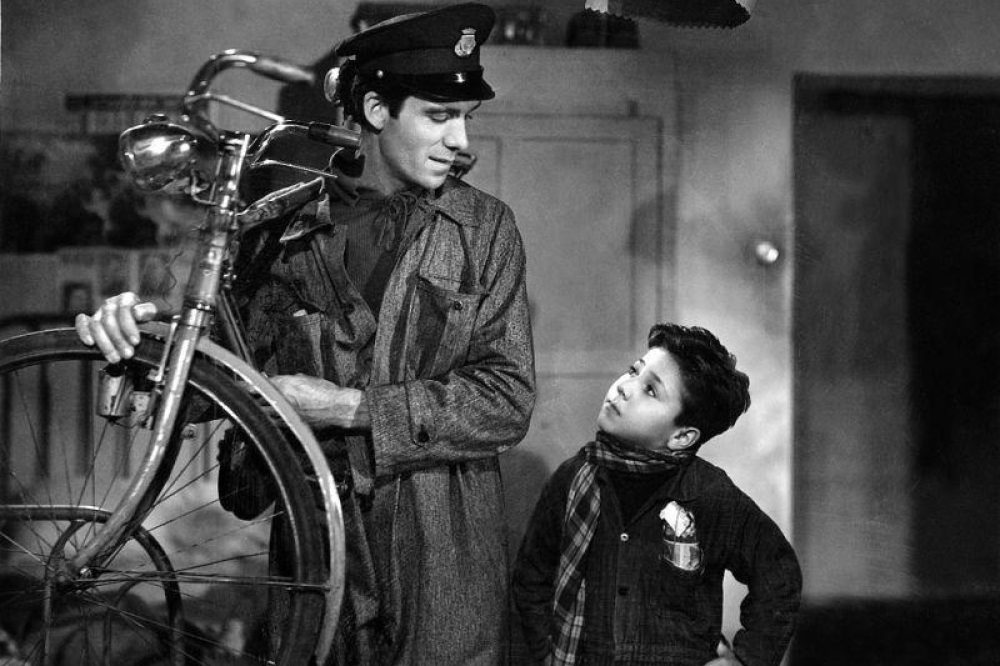
That Rome is a pretty cinematic city is hardly news. With its cobbled streets and grandiose piazzas, charming neighbourhoods and historical landmarks everywhere you turn – but also its local trattorie, the many cafes seemingly frozen in time, the countless churches – the Italian capital lends itself well to the silver screen, both for comedies and dramas.
So it comes with little surprise that, through the decades, the Eternal City has served as backdrop – and sometimes side character – for a slew of brilliant movies. Here are five that should be on any cinephile list. All-Italian masterpieces, they are classics you’ll want to watch over and over again.
"Roma" (1972)
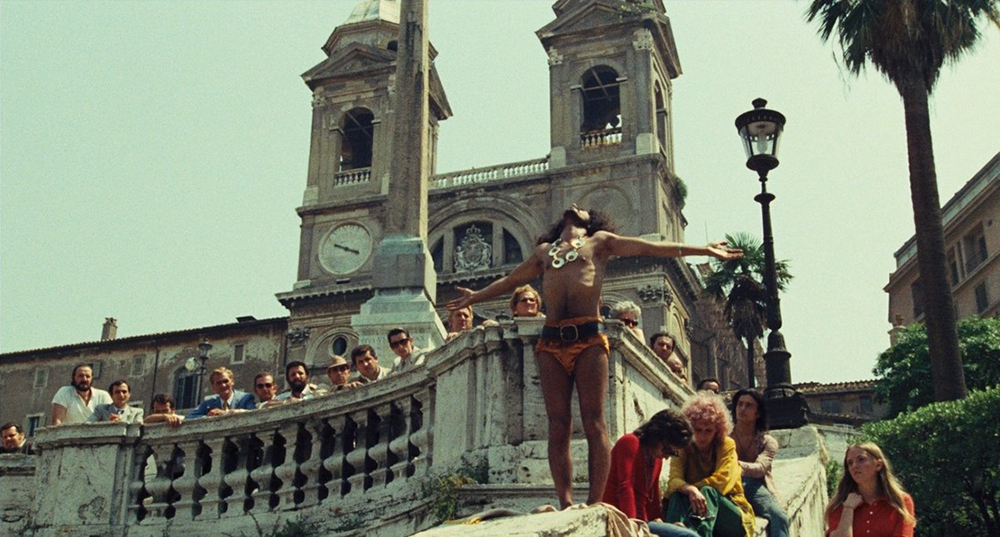
A semi-autobiographical masterpiece by the legendary director Federico Fellini, Roma offers a nostalgic and surreal journey through Rome, seen through the eyes of Fellini’s alter ego, a filmmaker named Fellini (played by Peter Gonzales Falcon). Set to Nino Rota’s often organ music, the film weaves together a series of vignettes that capture the essence of the city and its inhabitants – though it’s essentially plotless – creating what’s a compulsively watchable work that is a visual and auditory feast, combining the director’s trademark dreamlike sequences with a deep affection for Rome.
Think of it as a love letter to Rome that’s both visually stunning and emotionally evocative.
"The Bicycle Thieves" (1948)
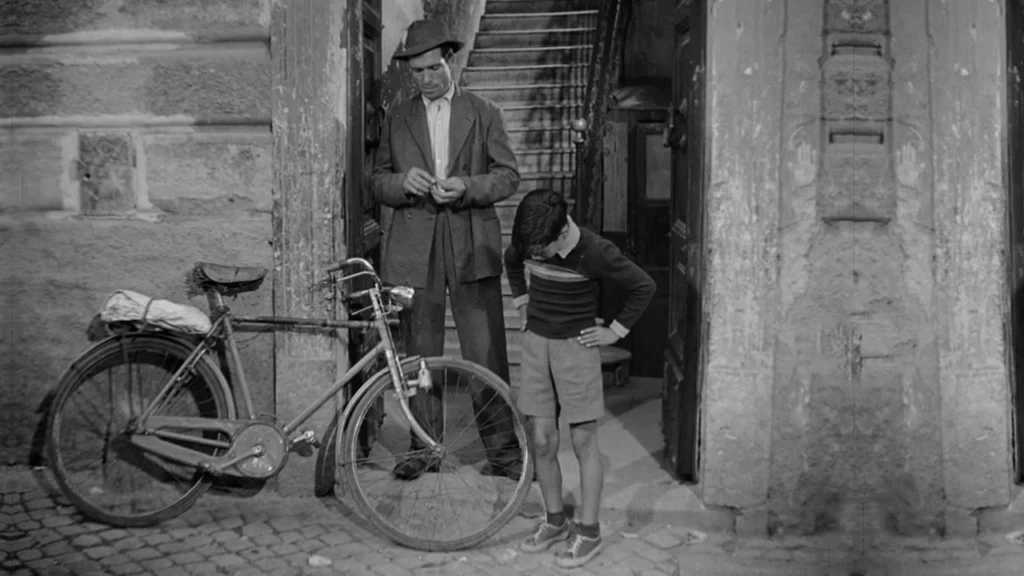
Vittorio de Sica’s Ladri di Biciclette, “The Bicycle Thieves” is a classic of Italian neorealism.
It tells the story of Antonio Ricci, an impoverished man in post-World War II Rome, who desperately searches for his stolen bicycle, which he needs for work.
Following the principles of neo-realism, De Sica exclusively filmed on real-life settings and cast non-professional actors, taking the audience on a journey from the bleak peripheries of the city to the still-existing bicycle market at Porta Portese. It’s at this location that the gravely determined Bruno stumbles and falls during a torrential downpour, all the while ignored by his father, who remains consumed by his relentless pursuit of his prized – yet ultimately elusive – bicycle.
The overall work is a poignant and unflinching portrayal of post-war Italy’s struggles, and a powerful commentary on the human condition.
"Habemus Papam" (2011)
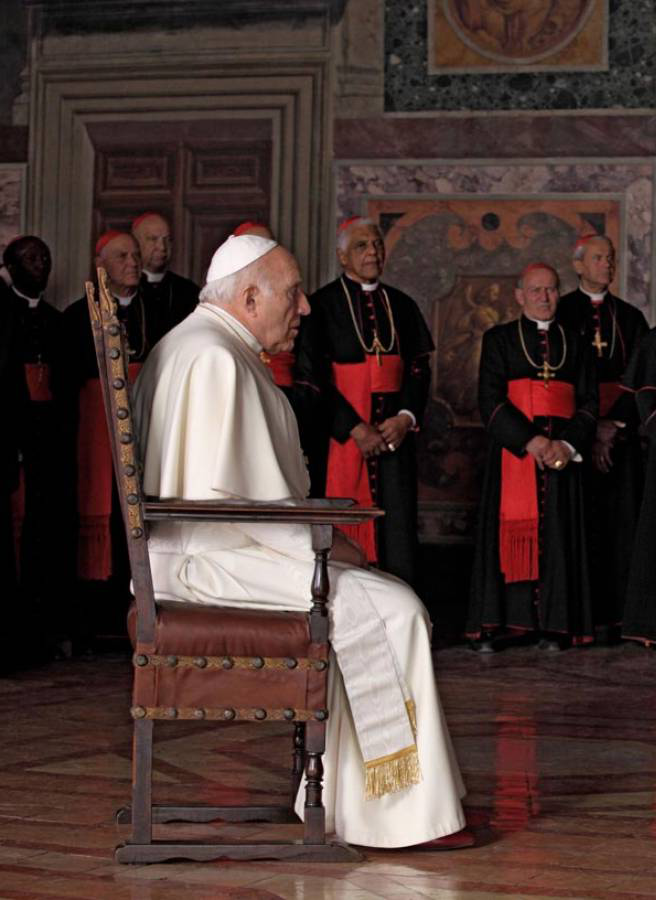
Directed by Nanni Moretti, “Habemus Papam” explores an unusual scenario in which a newly elected Pope (played by Michel Piccoli) experiences a crisis of confidence and seeks therapy. The film follows the efforts of a psychoanalyst (Nanni Moretti) to help the Pope overcome his anxiety.
With a unique and humorous take on the Vatican and the papacy, the movie blends wit, satire, and introspection, exploring the personal struggles of a religious leader in an unexpected and humanising way – a fresh perspective on Rome’s spiritual and cultural significance.
"La Grande Bellezza" (2013)
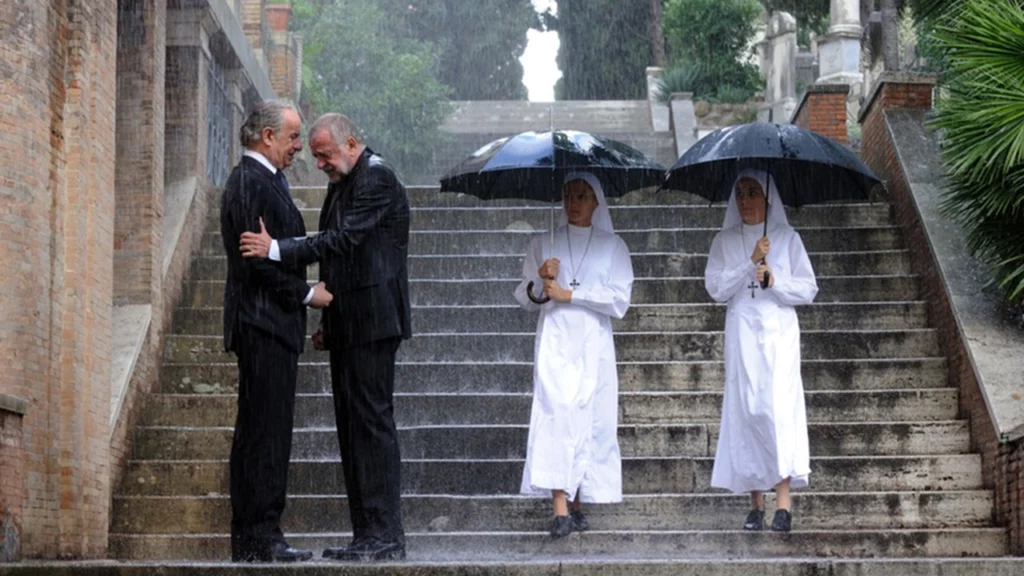
A poetic and satirical reflection on contemporary Italian society and culture, Paolo Sorrentino’s “La Grande Bellezza” (The Great Beauty) follows Jep Gambardella (Toni Servillo), a disillusioned writer, as he navigates the high-society circles of Rome and reflects on life, art, and decadence. It’s a visually stunning exploration of Rome’s beauty and excess, and one of Italy’s contemporary masterpieces.
When you watch it, take note of the film’s cinematography, which, coupled with a mesmerising soundtrack, creates an immersive experience that earned it the Academy Award for Best Foreign Language Film.
"Rome, Open City" (1945)
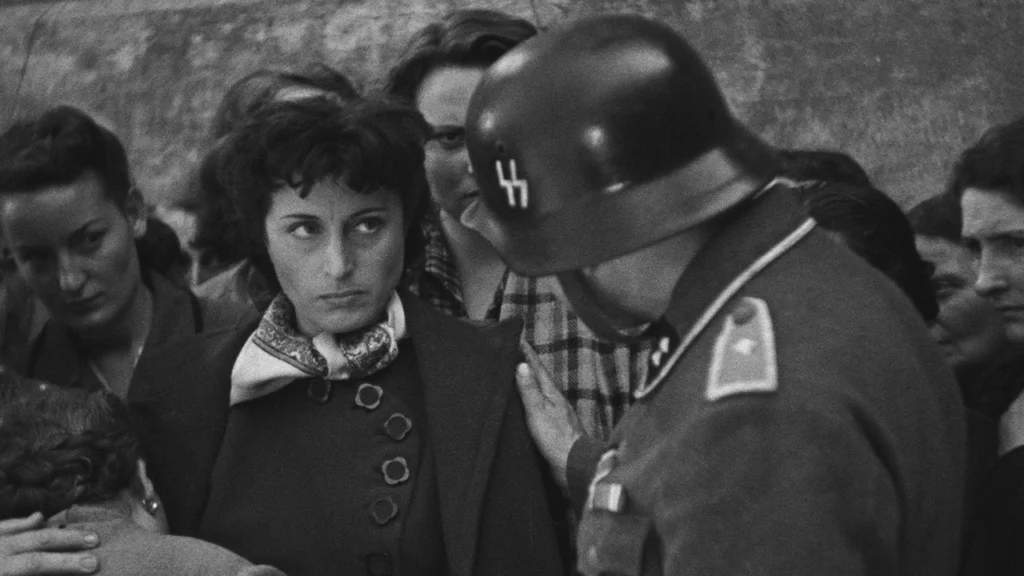
Directed by Roberto Rossellini, Roma, Città Aperta, “Rome, Open City” is a neorealist drama set during World War II about the lives of a group of Roman residents as they resist the Nazi occupation and grapple with the harsh realities of wartime.
A powerful and ground-breaking work of Italian cinema, known for its raw, documentary-style filmmaking, the movie played a significant role in shaping the neorealist movement in cinema, and, to this day, manages to portray the struggles of ordinary Romans during the war in a way that feels eminently honest.


